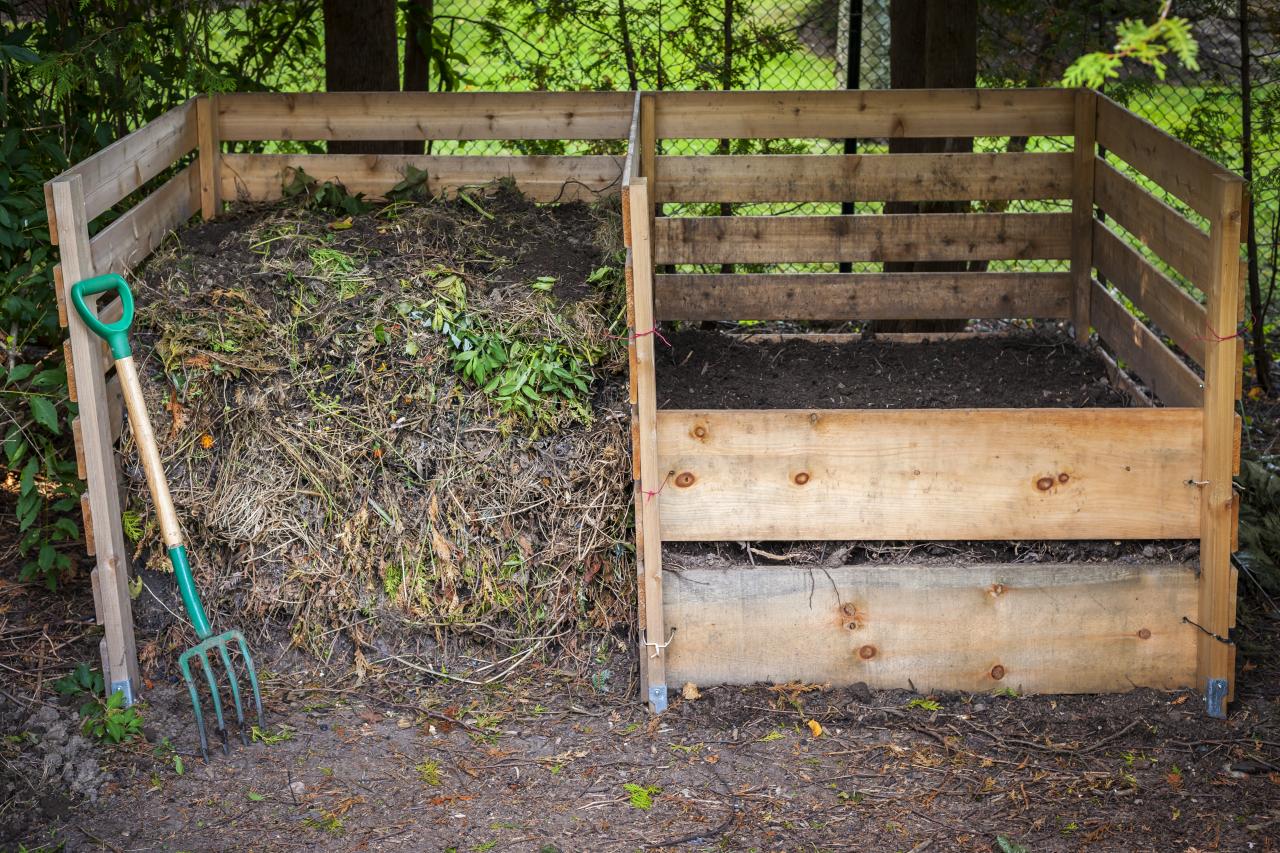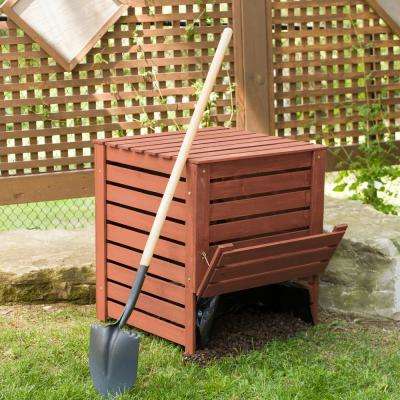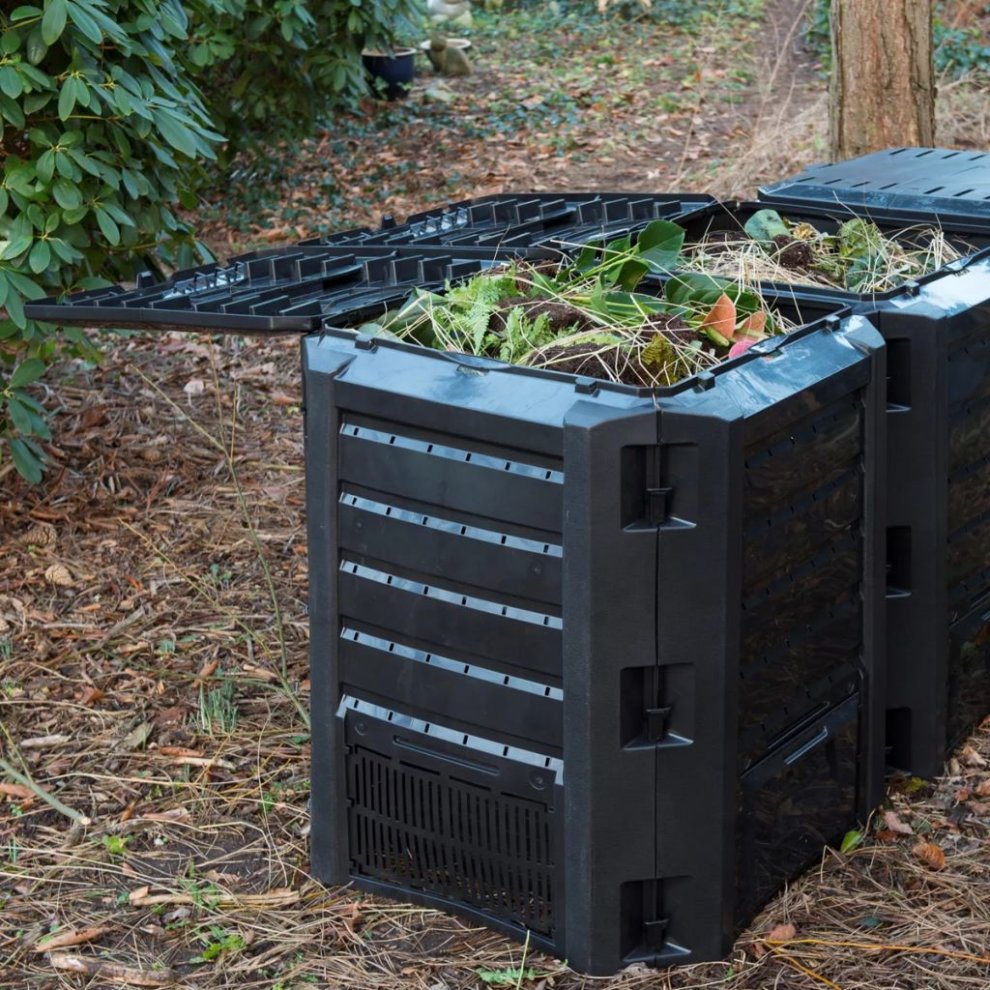- No products in the cart.
July 10, 2020
Everything You Need To Know About Composting!

Compost is organic material that can be added to soil to help plants grow. it’s the best way for your plants to get the nutrients they need and it’s very simple to do! Here’s everything you need to know!
Compost Benefits
- Your soil will be enriched with nutrients from the composted material.
- You rarely will need to use chemical fertilizers again.
- beneficial bacteria and fungi will grow more often once you have good compost.
All compost requires three parts in order to for everything to work.
- Brown – This includes materials such as dead leaves, branches, and twigs
- Green – This includes materials such as grass clippings, vegetable waste, fruit scraps, and coffee grounds.
- Water – This is crucial for good composting as water will help break the materials down.
Your composter should have the same amount of brown and green material. Ideally, they will be layered on top of each other. Brown materials provide while Green materials provide nitrogen, and the water simply helps break down all of the organic matter.
How You Can Set Up your Own Composter
- Look for a shady area near a water source.
- Add the brown and green types of materials whenever you collect them.
- Whenever you add new materials, make sure you moisten it up with water.
- Once you have a good-sized pile, mix in grass clippings and green waste and bury fruit and vegetable waste.
- When the compost at the bottom of the pile is dark and rich in color, your compost is ready! This takes two months to two years.

What To Compost
- Fruits and vegetables
- Eggshells
- Coffee grounds and filters
- Nutshells
- Shredded newspaper
- Cardboard
- Paper
- Yard trimmings
- Grass clippings
- Houseplants
- Hay and straw
- Leaves
- Sawdust
- Wood chips

What Not To Compost
- Black walnut tree leaves or twigs
- Coal
- Charcoal
- Dairy products (e.g., butter, milk, sour cream, yogurt, and eggs)
- Diseased or insect-ridden plants
- Fats, grease, lard, or oils
- Meat or fish bones and scraps
- Yard trimmings treated with chemical pesticides
4 Very Common Composter Designs
Wooden Bins

Wire Bins

Tumblers

Plastic Bins

